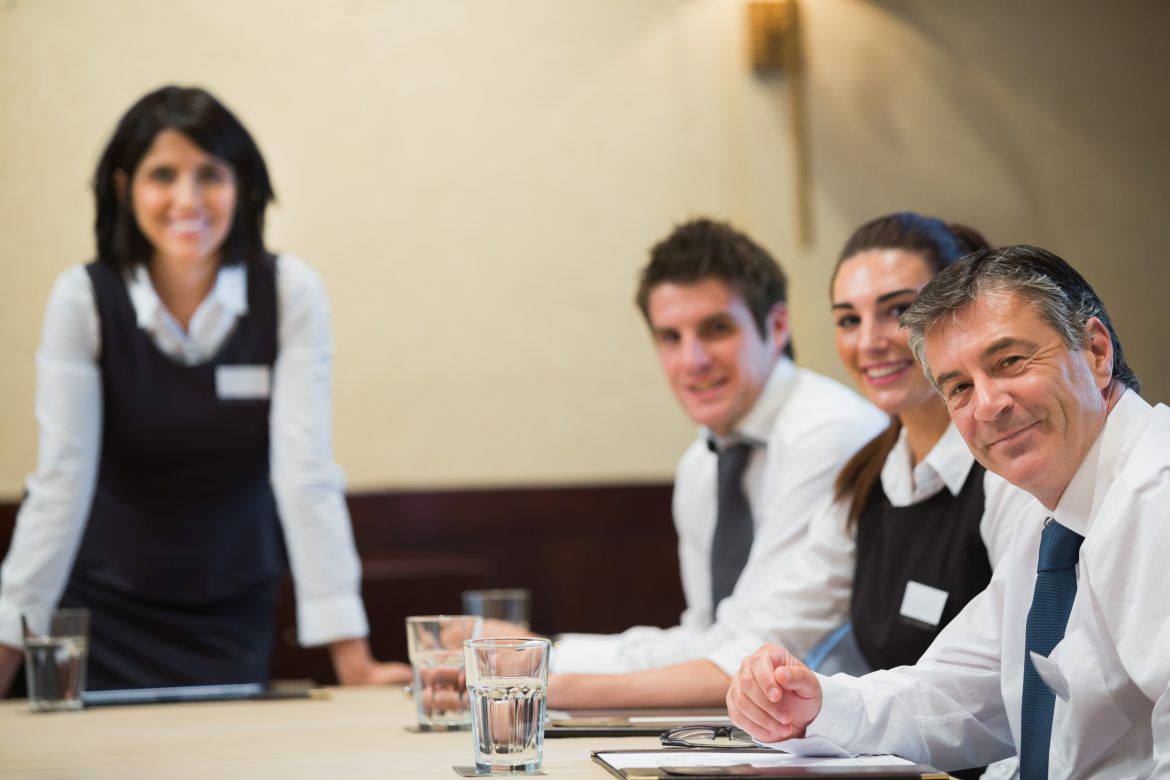In a rapidly evolving world, your business needs a recovery plan that adapts to changing customer behaviour.
Once the curves are flattened, what will the world look like? It is likely restrictions in some format will continue – at least till a vaccine is discovered. How will guest behaviour change?
How slow or fast will tourism recovery be? The questions are many; answers are few. Yet, to survive you cannot (and must not) wait for a clear direction to emerge before you respond. Here are some considerations to prepare a business strategy post-COVID-19.
1. Building trust
Mitigating the customer impact of COVID-19 will require steady brand leadership and empathy – learn what it takes to weather the storm and come out ahead on the other side. It is important to put customer safety and wellbeing first – and expressing this through your actions, policies and offers.
Talk to your guests about your health and safety standards, how you have put social distancing into practice in your operations and across your shared spaces. Communicate these practices to build and even re-build your community and their trust. Use all channels available (website, social media, database) to relay your empathy towards your guests’
concerns.
2. Catering to a new marketing mix

Expect a change in the audience you cater you. Not everyone will start travelling as soon as restrictions are lifted – the process will be slow. Business travellers will possibly be the first to start moving around – their needs may be more urgent. Single travellers who are more open to risks are likely to follow with couples in tow. The last segment out of the house will
likely be families, who have a lot of considerations and need greater reassurance around health and safety before they take the plunge. Above all, governments around the world are emphasizing and supporting domestic tourism – re-gear your communications to target the locals and fellow countrymen.
Focus on your existing customer base, but make sure to be agile enough to cater to a more diverse audience. Interview your customers and employees (via Zoom or a similar online video chat tool of course!) to understand your audience and their evolving tastes.
3. Audit your website and its content
Your website should serve as your source of truth – keep it updated and relevant. Provide a list of services open or affected by the lockdown. Make it easy for users to find accommodation and book. Promote your local destination, recommending top activities in the region (free and paid), places to eat, etc.
4. Aligning your marketing and revenue management strategies

When developing your recovery plan, it is important to align with revenue management on rate strategy and parity across channels, direct booking perks, any new offers and packages, and most importantly, a flexible cancellation policy.
5. Preparing your social media channels

Social channels such as Facebook and Instagram are equally important sources of information. Make sure you keep these updated. Don’t forget to update your Google My Business listing! Update the facilities and store hours to make your content more discoverable. Use the time you have to create new content – staff tips, recipes shared by your chef, etc. You can create a bank of content that you can share at a future date.
6. Implement a flexible cancellation policy

People are sitting at home dreaming of the day that this will be over, the day they can travel again. Bookings are still being made for the future. Hotels that have clear cancellation policies and promotional opportunities are the ones that will be able to win these bookings. Promote return bookings, offer guests credit for future stays or create a welcome-back page. You need to win guests’ confidence and a clear, flexible cancellation policy is integral to this.
7. Improve your online reviews strategy
Take this time to go through your online reviews and respond to the ones you have missed out on. If you don’t already have one, create a reviews policy and train someone in your team to manage these, providing them with clear direction and the right tools.
8. Make the most of your free time
Make organisation a priority during this downtime. Audit your marketing assets – from OTA listings to owned channels. Ensure they’re consistent and updated. Are you behind on admin tasks – this might be the right time to catch up on these? Most importantly, salvage what you can from the current situation but push your team to create a robust comeback plan.
Despite the impact of the pandemic, STAAH stands alongside all hoteliers in preparing for post-crisis recovery. Talk to our team about how the STAAH platform can support your recovery and dive into the depth of our team’s industry knowledge for ideas. #standunited.
